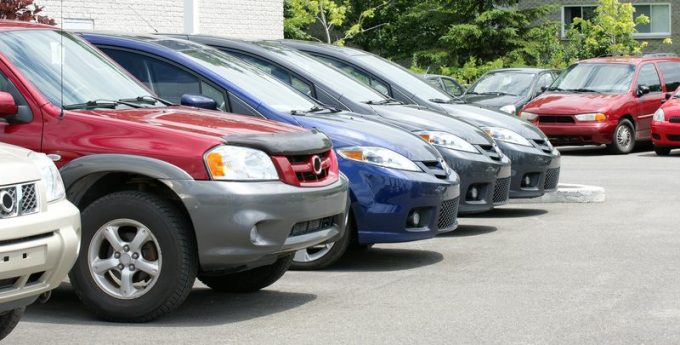HMM leads as South Korea embarks on state-backed box fleet expansion
HMM said today it would increase its box ship fleet to 130, with a combined ...

Incheon, South Korea’s largest port for second-hand vehicle exports, has reported a surge in outgoing containerised used cars due to demand from Russia.
In the first nine months of the year, containerised exports of used cars climbed six-fold, to 290,279 units and, including those moved by car-carriers, exports were up 67% year on year, at 366,585 units.
Incheon, the main gateway into the Seoul metropolitan area, accounts for 90% of South Korea’s used car exports.
Bank of Korea’s recent regional economic report noted that used cars accounted for nearly 3% of all goods shipped from Incheon in 2022, putting them among the five largest exports. And the South Korean central bank noted that the value of exported second-hand cars exceeded $1.56bn.
The bank said that, apart from a recovery in vehicle demand post-Covid, international sanctions had caused automobile makers to suspend production in Russia, driving up demand for second-hand cars.
At the same time, sky-high charter rates for car-carriers and depressed container freight levels made exporters turn to containers to move used cars, mainly to central Asia, as an alternative to direct shipping to Russia. This is despite the risk of damage.
Volumes out of Incheon in H1 23 included 26,009 units to Turkey, 13,898 to Kyrgyzstan, 10,598 to Tajikistan and 9,918 to Azerbaijan, respective increases of 181%, 384%, 270% and 549% on the same period last year.
In Q3 particularly, South Korean containerised exports of second-hand cars to the Middle East were up 5% year on year, to 30,000, after SeaLead Shipping extended its Far East-Middle East service in June to include a call at Incheon in alternate weeks. If volumes remain high, Incheon Port Authority will ask SeaLead to make weekly calls.
Operators of pure car and truck carriers have seen rising profits as vehicle demand rebounded post-Covid. Wallenius Wilhelmsen’s Q3 23 net profit was up 26% year on year, to $328m, with its ocean-going vehicle volumes 6% higher year on year, powered by rising Chinese car exports.
Hoegh Autoliners’ net profit for Q3 23 was up 7% year on year, to $142m, a result described by chief executive Andreas Enger as exceptional. He added: “Despite the negative impact of delays and port congestions, we consistently filled up vessels on all trades.”
Comment on this article